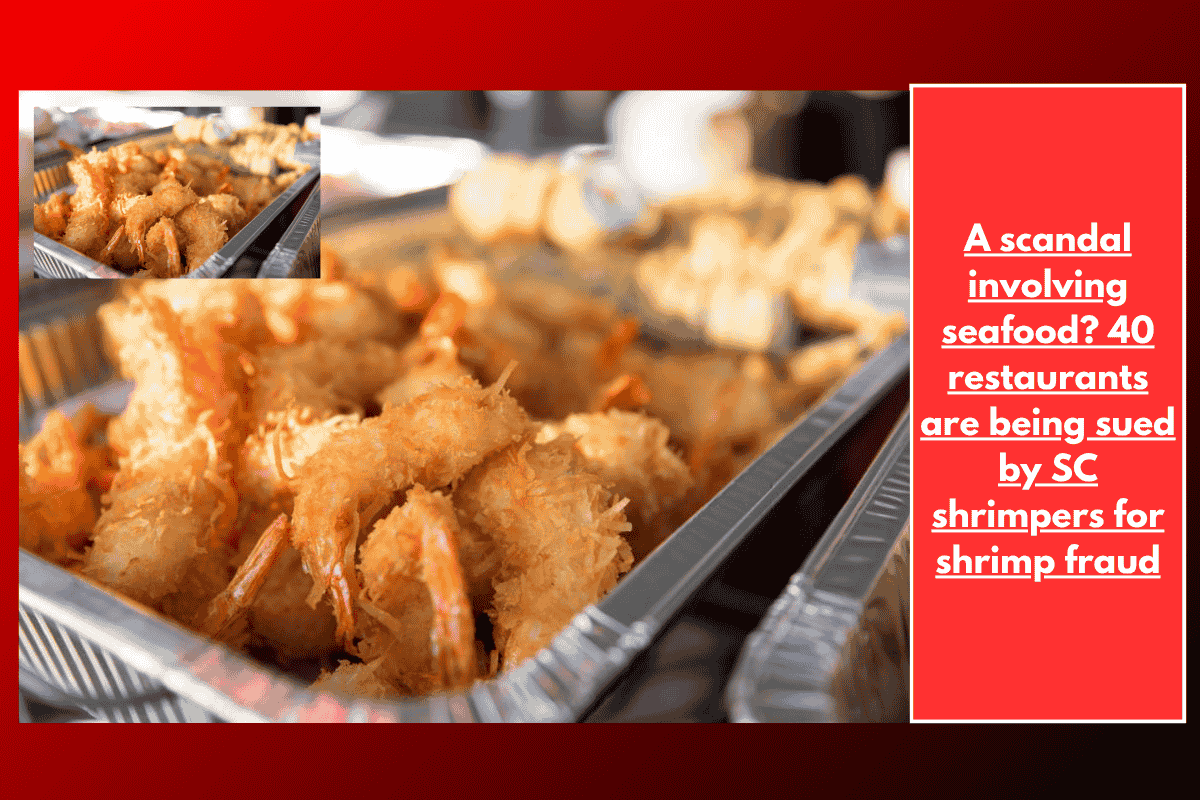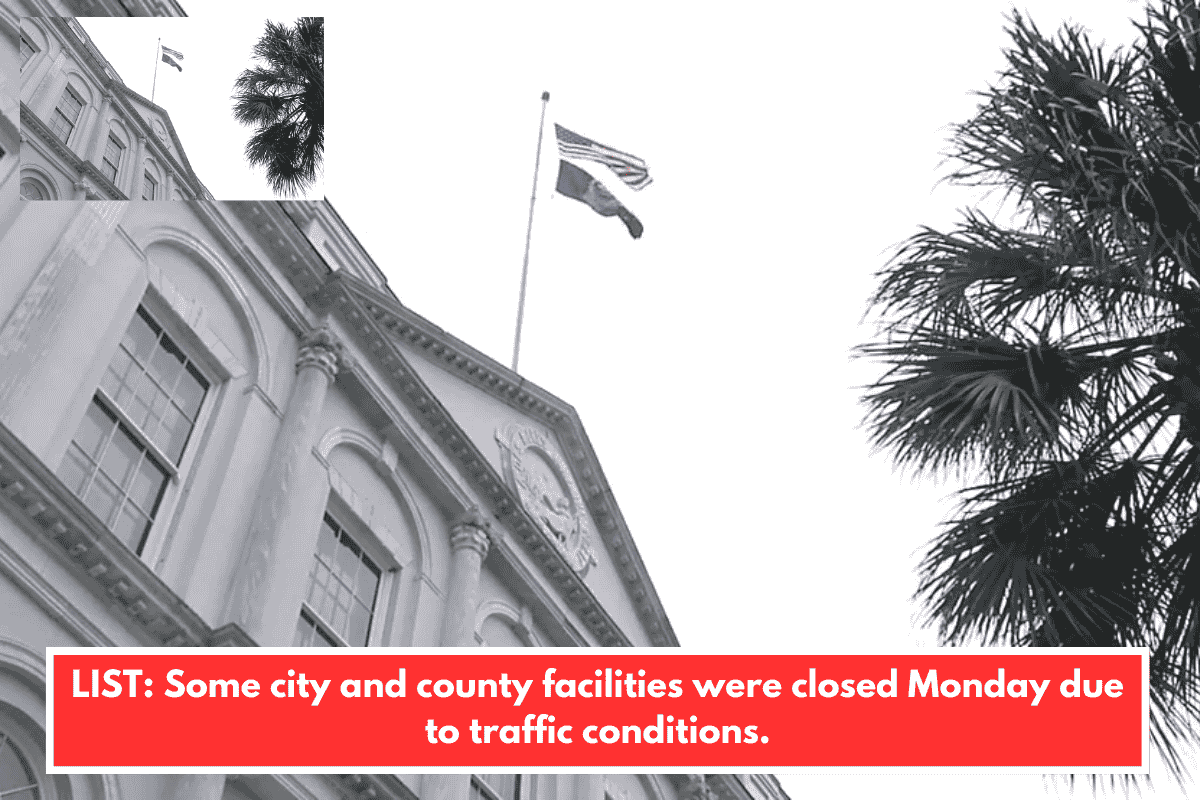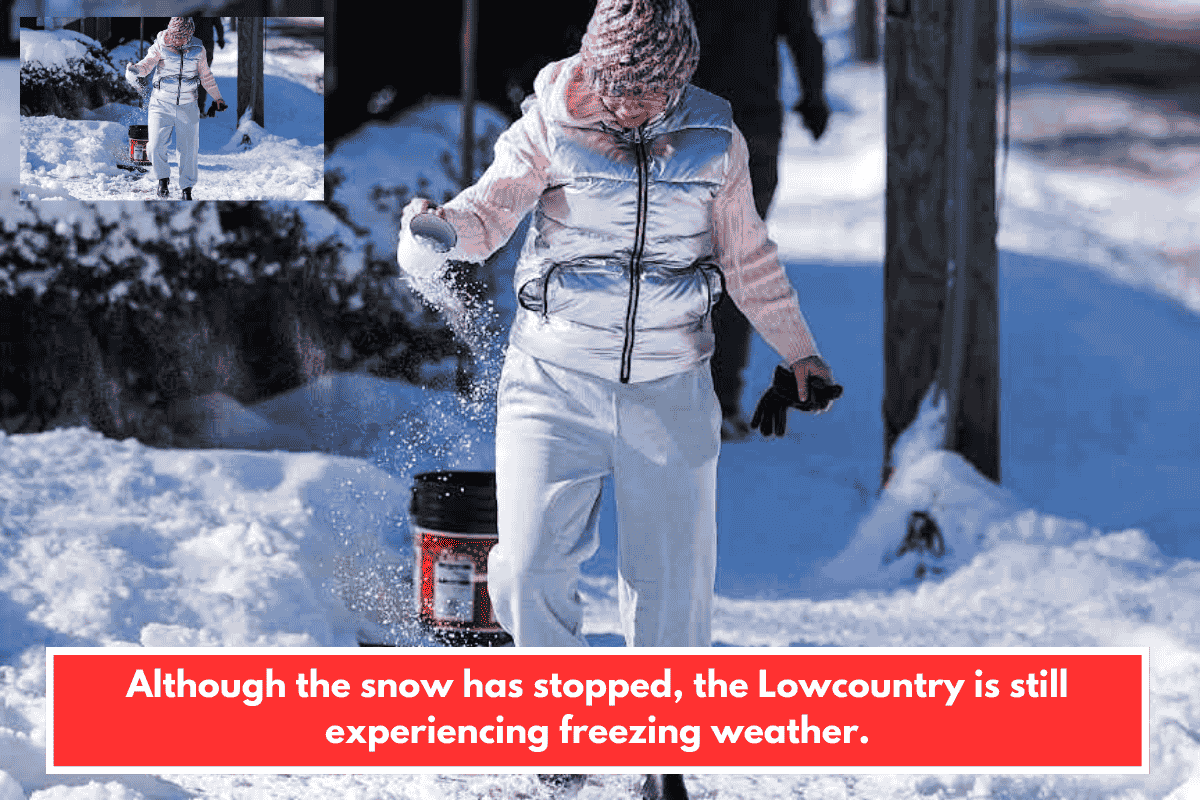The ongoing debate over imported farm-raised shrimp being sold as local seafood in Charleston, South Carolina, has intensified with a new lawsuit filed by the South Carolina Shrimpers Association. The lawsuit, which targets 40 local restaurants, accuses them of misleading customers by advertising foreign shrimp as locally caught, a practice the shrimpers say is hurting their business and misleading consumers.
The Lawsuit and Allegations
Filed in U.S. District Court in Charleston, the lawsuit claims that the 40 restaurants broke both state and federal laws by falsely advertising shrimp from foreign markets, such as Ecuador, India, Vietnam, and China, as being locally sourced from South Carolina’s waters. The South Carolina Shrimpers Association argues that this “shrimp fraud” not only misleads consumers but also diverts revenue away from local shrimpers who rely on the shrimping industry as their livelihood.
“We want to set a precedent across the state: if you violate the law and get caught, there are consequences,” said Gedney Howe IV, the attorney representing the shrimpers. This legal action may be the first time the South Carolina Unfair Trade Practices Act has been applied to seafood sales at such a large scale.
Why It Matters
Shrimp is South Carolina’s top seafood product, with annual commercial shrimp landings ranging from 1.3 to 6.8 million pounds. However, the shrimping industry is struggling to compete with the influx of cheaper imported shrimp. Restaurants can charge higher prices for locally caught shrimp, which is perceived as fresher and more authentic, but this practice is undercut by the sale of imported shrimp that isn’t subject to the same health regulations.
The lawsuit highlights the significance of preserving South Carolina’s shrimping industry, which is an iconic part of the state’s history and culture. Howe emphasizes that the misrepresentation of shrimp products in restaurants is a significant factor contributing to the decline of local shrimpers.
What’s Being Done?
The Southern Shrimp Alliance (SSA), a group representing shrimping interests across eight states, has been conducting undercover investigations to identify restaurants selling imported shrimp under false pretenses. In Charleston, testing conducted by SeaD Consulting revealed that 90% of restaurants tested misrepresented the origin of the shrimp. The SSA has raised awareness about this issue, which has led to similar efforts in other states like Texas and Mississippi, where laws have been passed to prevent the false marketing of seafood.
In South Carolina, the Shrimpers Association is pushing for a “country of origin” labeling law to be introduced during the next legislative session. In the meantime, the lawsuit seeks to enforce existing fraud laws to address this issue.
The Legal Argument and Impact
The lawsuit claims that by advertising shrimp as “Carolina Caught,” restaurants are falsely associating themselves with the local seafood industry. This misrepresentation is said to violate both the federal Lanham Act, which prohibits false advertising, and the South Carolina Unfair Trade Practices Act. The lawsuit demands damages, including punitive damages for profits fraudulently earned, with the funds potentially being used for educational purposes by the South Carolina Shrimpers Association.
Local Reactions and Community Support
The issue has garnered significant support from local shrimpers and residents who are concerned about the authenticity of seafood served in restaurants. Craig Reaves, a local shrimper, expressed frustration with the situation, saying, “It’s unbelievable people would come from all over the country expecting to get local seafood and it be represented as such and then be served pond-raised garbage from India.”
To combat this, the Beaufort Area Hospitality Association (BAHA) is working on a certification program to help identify restaurants that support the local seafood industry. This initiative aims to distinguish restaurants that sell authentic local shrimp, with plans for a visible certification sticker or logo on menus and storefronts.
Protecting South Carolina’s Shrimp Industry
The legal battle over shrimp fraud highlights the need to protect local industries and ensure that consumers are not misled. As the lawsuit moves forward, it could set a precedent for similar actions across the state and beyond, helping preserve South Carolina’s shrimping heritage while holding restaurants accountable for their advertising practices.














